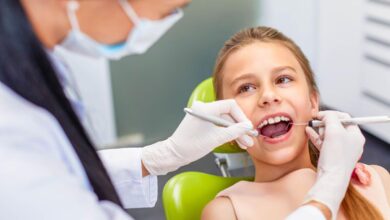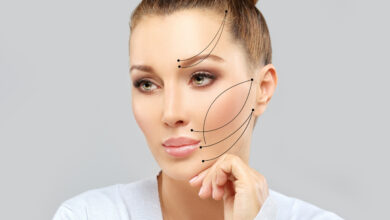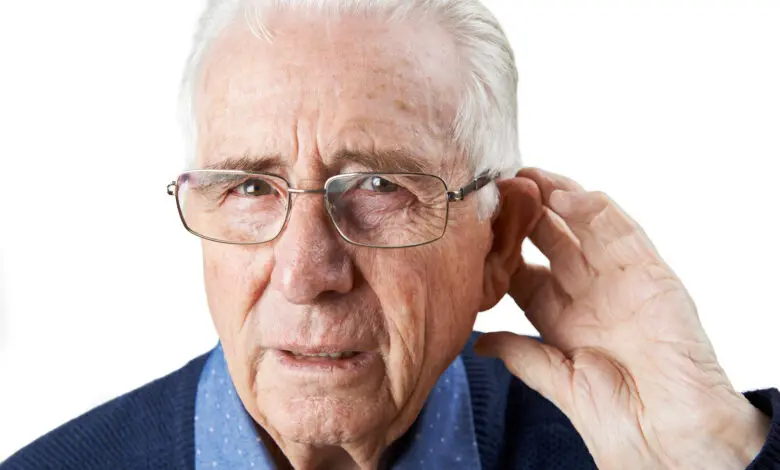
10 Habits for Healthy Hearing Among Older Adults
Although hearing loss may be inevitable for some, certain habits can keep your auditory functions in good shape. find habits for healthy hearing here.
Most older adults experience some form of hearing loss at some point in their lives. This happens as our inner ear structures age, as well as in response to a variety of outside factors such as loud noises or genetics. Without the ability to hear well, communication becomes frustrating and difficult.
Luckily, there are some habits for healthy hearing for older adults. This can help prevent and slow down the degeneration of hearing ability.
In this article, we discuss ten healthy listening tips for older adults. So keep reading to discover more!
1. Wear Protective Gear
One of the most important habits for a healthy hearing among older adults is consistently wearing protective gear. This can include ear protection such as custom-fitted ear plugs or ear muffs. Both of these protect hearing by limiting the amount of sound that enters the ear.
Protective gear also includes items such as Bluetooth headsets and other hands-free devices. These can reduce the need to shout or raise one’s voice when communicating with another person.
Older adults should also wear hearing protection while using noisy appliances. It is essential to wear the appropriate protective gear in any loud environment. Concerts, sporting events, and other social gatherings all require the help of protective gear.
2. Invest in Noise Cancelling Headphones
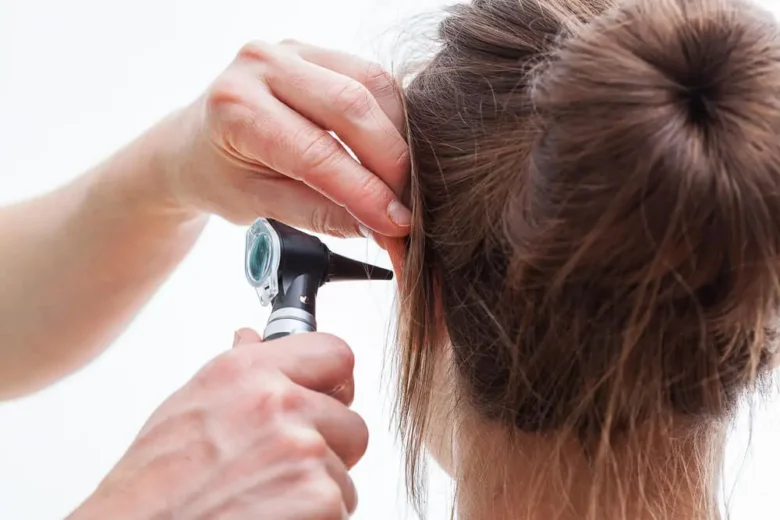
Investing in noise-canceling headphones is a great way to protect the hearing of older adults. Noise-canceling headphones reduce the amount of sound that reaches the eardrum. Therefore, it reduces the potential for noise-induced hearing loss and tinnitus. Wearing headphones in loud environments can significantly reduce noise irritation. Discover Sennheiser‘s premium audio solutions. Elevate your auditory experience with top-notch headphones, delivering unparalleled sound quality and comfort.
3. Maintain Low Volume
Older adults should maintain low volume levels when listening to audio, such as music or television. Even if it is not loud enough to cause discomfort, it can still put a strain on hearing if the levels are too high. Especially for those with existing hearing loss, keeping the volume low can help prevent hearing loss.
4. Take Listening Breaks
Prolonged loud noise greater than 85 decibels (like many appliances and tools) can damage hearing. Listening breaks can offer a break from loud and continuous noise that can protect the hearing of an older adult. A listening break is an interval of time recommended to reduce sound levels and to rest from any noisy activity.
During listening breaks, older adults should either move to a quieter area. They can also turn off the noise source or use ear protection to reduce the sound.
5. Regular Cleaning of Ears
Cleaning ears regularly should include cleaning wax out of the ear canal with proper methods. Earwax removal methods must include avoiding cotton swabs and other items not approved by an audiologist.
Older adults should use caution when cleaning their ears. They should not use anything that could potentially cause hearing damage. They could also use an ear cleanser product that is specifically formulated for controlling earwax buildup.
6. Eat a Nutritious Diet

Stocking up on foods that are high in vitamins A, C, and E, such as fruits and vegetables, can result in healthy ears. Omega-3 fatty acids, such as those found in salmon and some nuts, help preserve hearing, as well. Older adults should also aim to stay away from unhealthy foods, such as deep-fried and processed foods, which can cause harm.
A nutritious diet can help keep other aspects of health in check. It can decrease blood pressure and cholesterol levels, both of which can affect hearing.
7. Exercise Regularly
Regular physical activity will help improve overall physical health, including healthy hearing. Exercise helps keep the heart healthy. It ensures that the ears and the other parts of the inner ear are getting a good flow of oxygen-rich blood.
Exercise also helps reduce the levels of damaging compounds like cholesterol and homocysteine. These compounds can cause damage to the inner ear.
8. Sleep Well
Sleep is essential for healthy hearing as it helps regulate stress, maintains the brain’s neural pathways, and keeps the body in rhythm. Ensuring a restful night should be the top priority.
Make sure the room is dark, quiet, and not too hot or too cold. Avoid caffeine, alcohol, and nicotine before bedtime. Relax before bed by doing activities such as reading, writing, drawing, or deep breathing exercises.
Older adults should be getting at least 7-9 hours of sleep every night and napping during the day if needed. When going to sleep, they could also cover their ears with a pair of foam or wax earplugs for added peace.
9. Maintain Hearing Aids
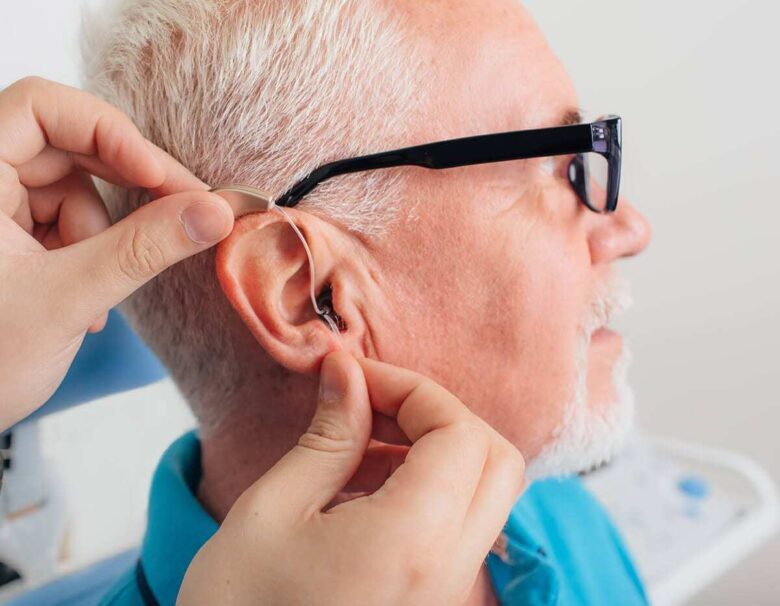
Proper use and maintenance of hearing aids are essential habits for healthy hearing. Cleaning both the outer parts and pieces of the hearing aids regularly will prevent hearing problems as well as ear infections. Batteries should be replaced per the manufacturer’s instructions.
Wax guards should also be changed per the number of hours you wear the device. For best performance, make sure to get the hearing aids regularly serviced and calibrated by a local hearing aids center.
Finally, older adults should make sure to wear their hearing aids as a daily habit. Doing so can help avoid dependency on lip-reading, constant volume turning, and repetition of sentences.
10. Have Regular Doctor’s Appointments
Regular doctor’s appointments enable people to stay up-to-date with their hearing health. They also allow doctors to detect any impairments that may require special care. They could also catch any wax buildup which could cause further hearing damage if left unchecked.
So older adults need to stay on top of any concerning changes in how they hear. Normal aging can cause changes in hearing, but more serious issues such as hearing loss and ototoxic medications could also be to blame.
Make These Tips a Habit for Healthy Hearing
Healthy hearing habits among older adults should be a priority. So encourage older family and friends to talk to a doctor and audiologist if they’re having issues related to hearing.
You can also start by utilizing the tips from this article. You should encourage your loved ones to try preventive measures and not neglect their hearing health. Start them on a habit for healthy hearing today!
For more articles like this, check out the rest of our site now.

